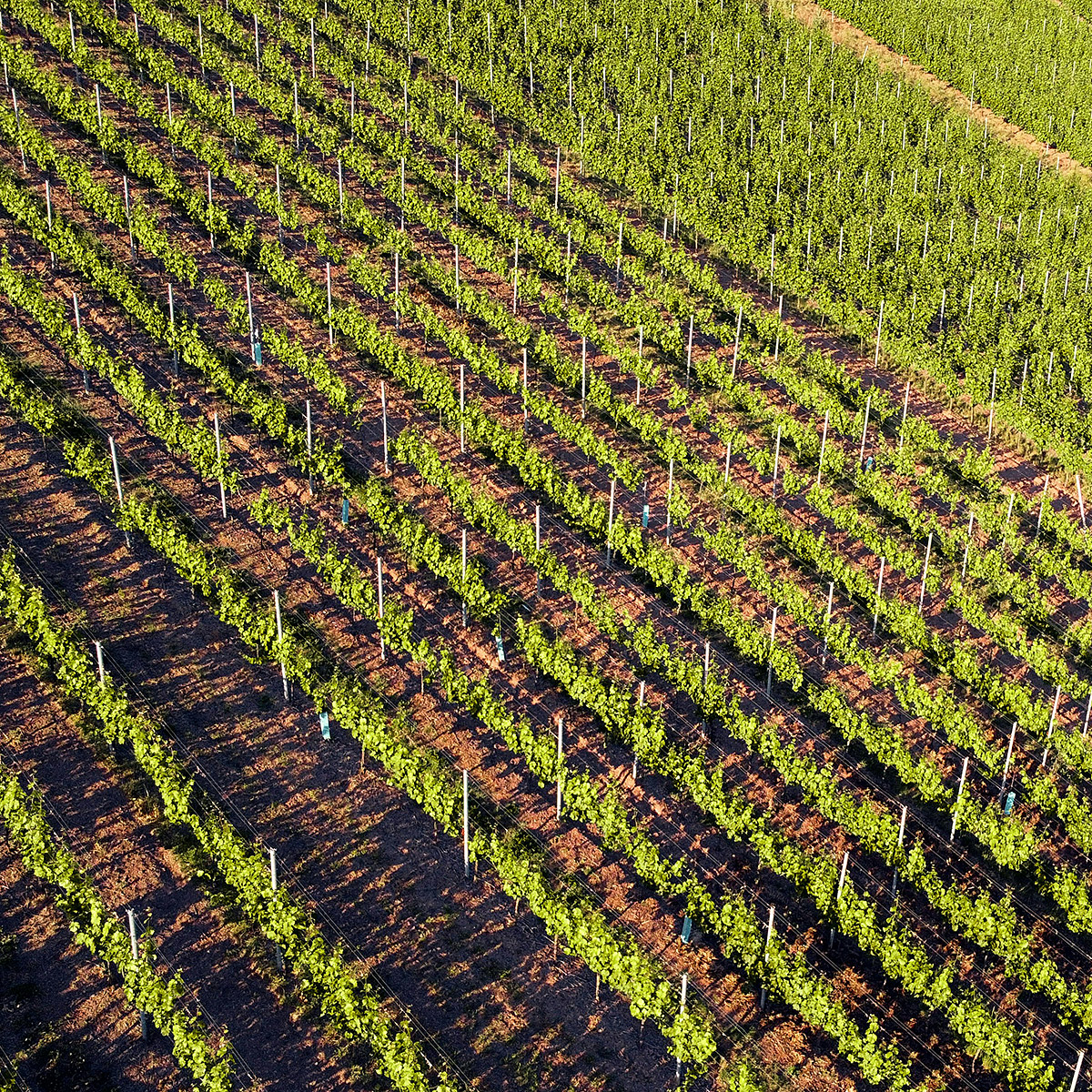Faculty

Staff

A degree in Soil and Crop Science, from Northeastern, teaches students the necessary aspects of providing the world with sustainable food, feed, fiber, and fuel in a safe and aesthetically pleasing environment through discovery, education, and application which includes precision agriculture and the use of drones.
The Soil & Crop Sciences degree teaches the wise use, management, and stewardship of soil, plant, and water resources by preparing students for careers in soil, plant, and environmentally related disciplines; discovering new scientific knowledge and developing associated technologies to sustain environmentally sound and economically profitable production systems.

According to the Bureau of Labor Statistics, overall employment of agricultural and food science technicians is projected to grow 5 percent from 2022 to 2032, faster than the average for all occupations.
About 5,500 openings for agricultural and food science technicians are projected each year, on average, over the decade. Many of those openings are expected to result from the need to replace workers who transfer to different occupations or exit the labor force, such as to retire.
Demand will continue for agricultural research into topics such as water resources, pests and pathogens, climate and weather patterns, and biofuels and other agricultural products.
Agricultural science technicians will be needed to assist agricultural and food scientists in investigating and improving the diets, living conditions, and genetic makeup of livestock. Food science technicians will help scientists improve food-processing techniques, ensuring that products are safe, waste is limited, and food is shipped efficiently. Technicians also will continue to be needed to help analyze soil composition and soil improvement techniques, find uses for agricultural byproducts, and selectively breed crops to resist pests and disease or to improve taste.
he median annual wage for agricultural technicians was $41,760 in May 2022. The median wage is the wage at which half the workers in an occupation earned more than that amount and half earned less. The lowest 10 percent earned less than $29,900, and the highest 10 percent earned more than $63,720.
The median annual wage for food science technicians was $47,860 in May 2022. The lowest 10 percent earned less than $36,050, and the highest 10 percent earned more than $71,370.
In May 2022, the median annual wages for agricultural technicians in the top industries in which they worked were as follows:
| Wholesale trade | $51,030 |
| Colleges, universities, and professional schools; state, local, and private | $47,650 |
| Research and development in the physical, engineering, and life sciences | $43,980 |
In May 2022, the median annual wages for food science technicians in the top industries in which they worked were as follows:
| Beverage and tobacco product manufacturing | $54,780 |
| Professional, scientific, and technical services | $47,810 |
| Food manufacturing | $46,580 |
Agricultural and food science technicians typically work full time and have standard work schedules. Technicians may need to travel, including international travel.

